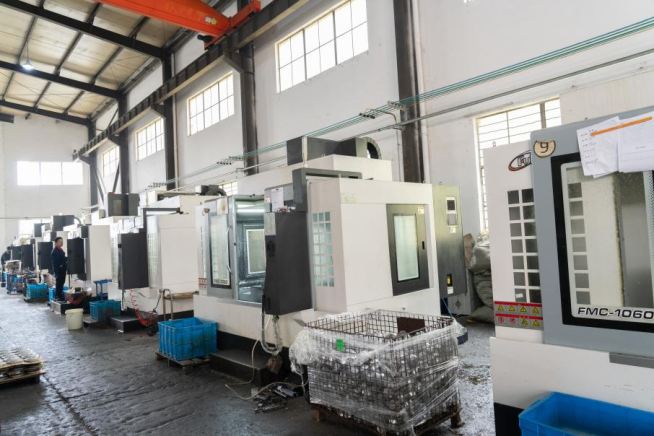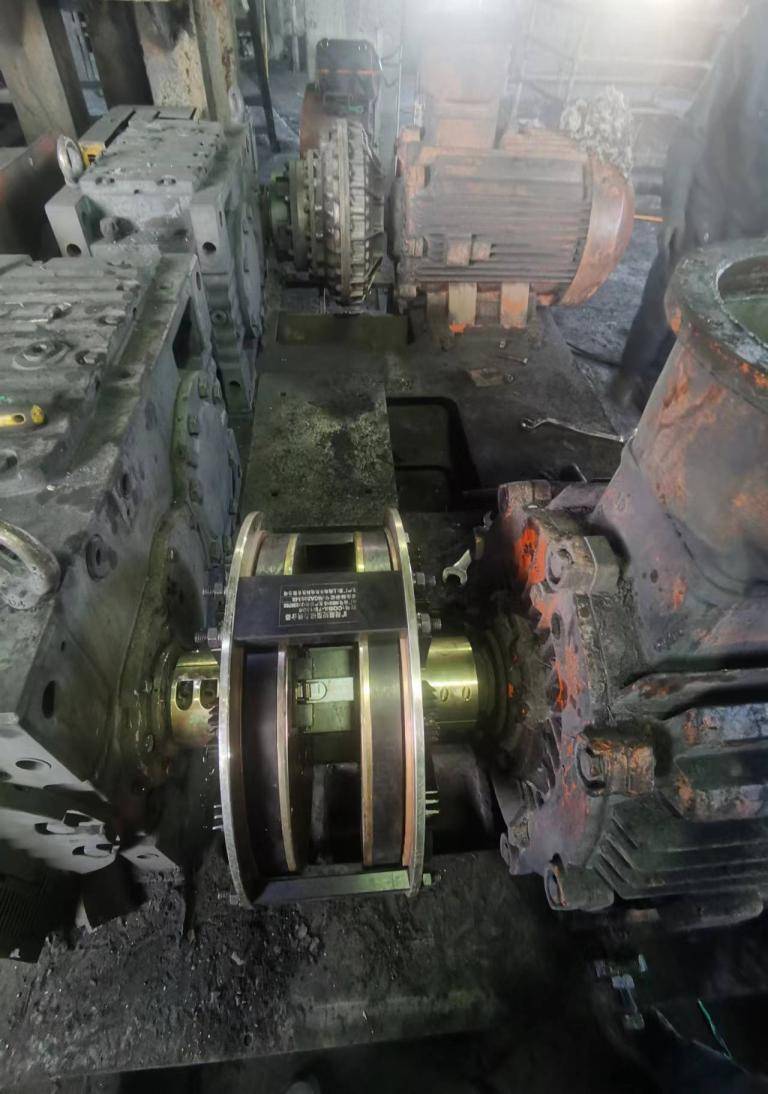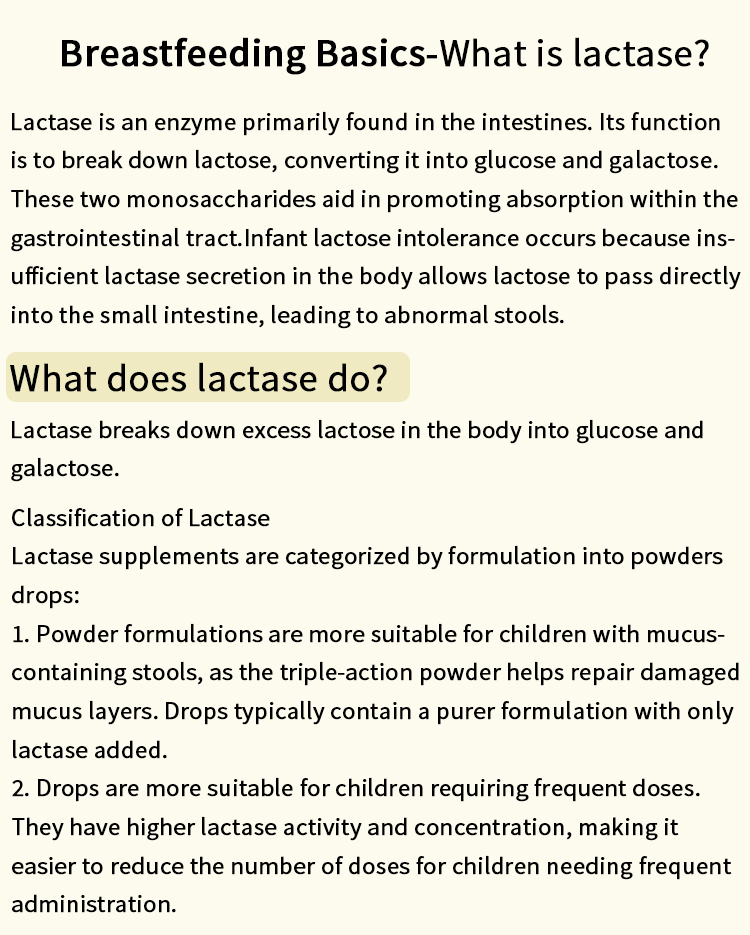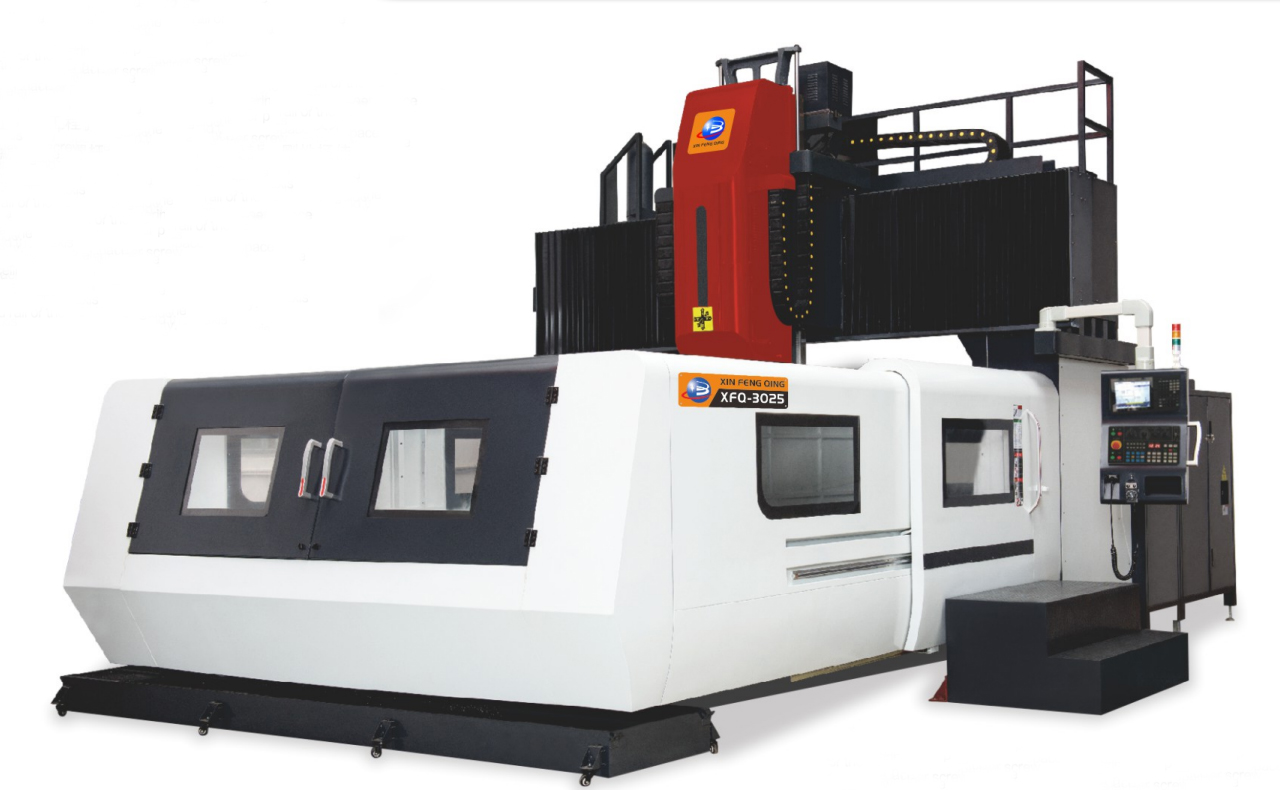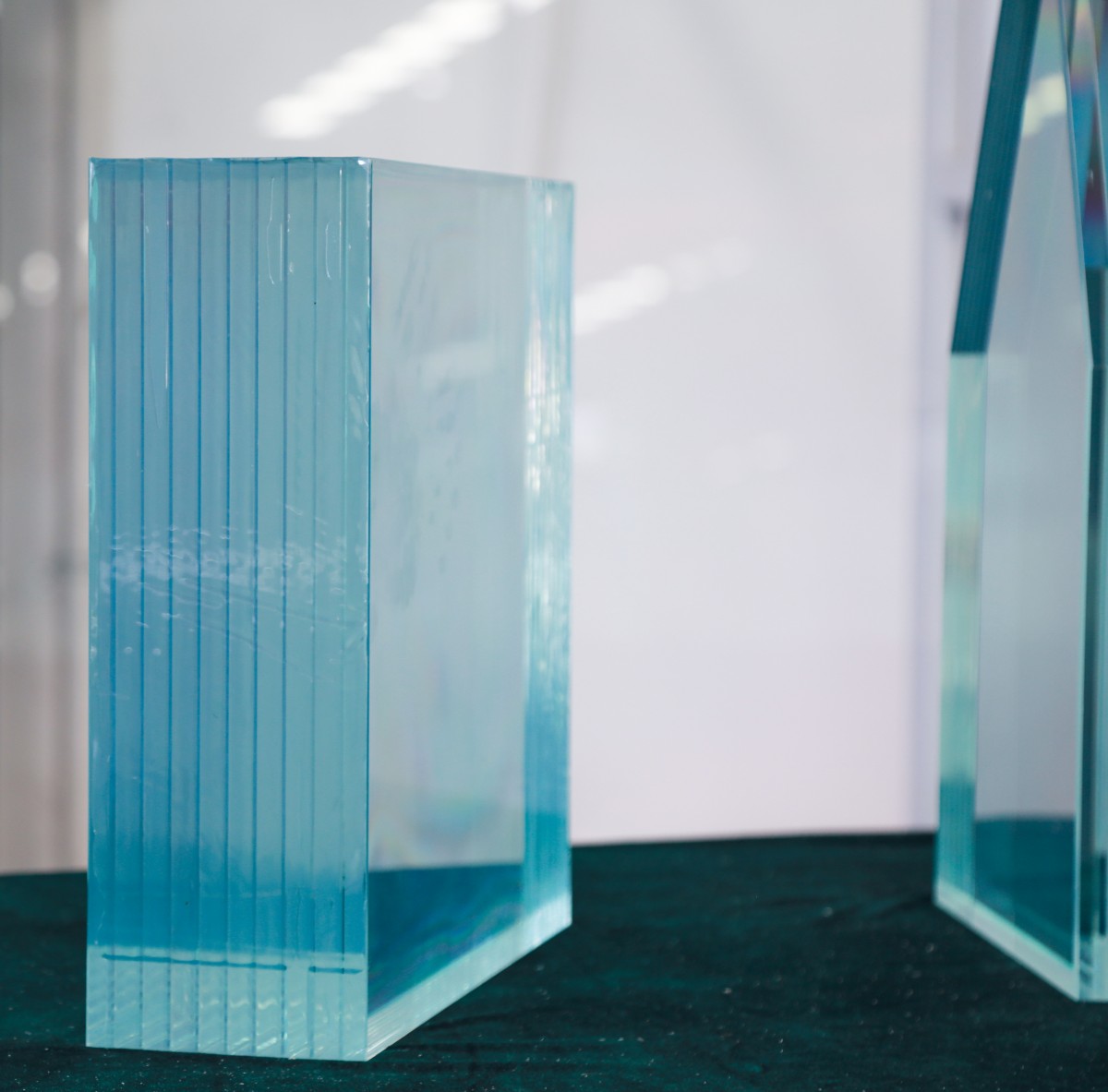Ensuring high precision and superior quality in automotive aluminum die casting is a critical factor for modern vehicle manufacturing. Auto parts must meet strict standards for performance, durability, and safety, and high-quality aluminum die-cast components play a pivotal role in achieving these goals.
Tiger Casting, a leading manufacturer specializing in auto parts, agricultural machinery parts, lighting components, and hardware fittings, leverages years of experience in aluminum die-casting, gravity casting, and CNC machining. With advanced equipment and a highly skilled technical team, Tiger Casting consistently delivers precision metal components that meet international quality standards and complex automotive specifications.
In this article, we’ll explore top practical tips for achieving high precision and quality in automotive aluminum die casting, covering everything from material selection and mold design to process optimization, post-casting machining, quality control, and maintenance best practices.
1. Selecting the Right Aluminum Alloy for Automotive Components
High-quality die casting begins with choosing the appropriate aluminum alloy. Different alloys have distinct properties in terms of strength, corrosion resistance, thermal conductivity, and machinability, which directly impact the precision and durability of automotive components.
Material selection tips:
-
High-strength alloys such as A380 and ADC12 are commonly used for structural auto parts, including engine components, housings, and suspension parts.
-
Corrosion-resistant alloys are ideal for parts exposed to harsh environmental conditions, such as chassis or outdoor lighting housings.
-
Thermally conductive alloys are essential for components involved in heat dissipation, such as engine blocks or lighting housings.
Tiger Casting provides a comprehensive range of aluminum alloys, as well as stainless steel, carbon steel, nickel alloys, and more. Our team collaborates closely with clients to customize alloys based on part function, operating environment, and precision requirements.
2. Designing Efficient and High-Precision Molds
Mold design is a critical factor in achieving dimensional accuracy and surface finish. Proper mold design reduces defects such as warping, porosity, and shrinkage, which can compromise part quality and assembly fit.
Tips for mold design:
-
Maintain uniform wall thickness to prevent uneven cooling and warping.
-
Optimize gating and runner systems to promote smooth metal flow and minimize turbulence.
-
Incorporate proper venting to avoid trapped air and voids.
-
Account for shrinkage allowance based on the alloy and expected casting temperature.
Tiger Casting utilizes advanced CAD/CAM software and die-casting simulation tools to design molds that maximize precision, reduce material waste, and shorten production cycle times.
3. Maintaining Precise Temperature Control
Temperature plays a pivotal role in automotive aluminum die casting quality. Both metal and mold temperatures influence the solidification process, microstructure, and dimensional accuracy.
Best practices:
-
Use precision thermocouples to monitor molten aluminum and maintain consistent pouring temperature.
-
Ensure even mold temperature using optimized cooling channels.
-
Implement controlled heating and cooling cycles to reduce thermal stress and prevent micro-cracks.
At Tiger Casting, our die-casting machines feature state-of-the-art temperature monitoring and control systems, ensuring consistent casting quality even for complex and high-tolerance automotive components.
4. Optimizing Die Casting Parameters for Maximum Accuracy
Die casting parameters such as injection speed, injection pressure, and cycle time are key to producing defect-free, high-precision automotive components.
Tips for process optimization:
-
Adjust injection speed based on part complexity to prevent air entrapment.
-
Monitor injection pressure to avoid over-packing or flash formation.
-
Fine-tune cycle times to balance production efficiency and component quality.
Tiger Casting leverages automation and process monitoring, allowing operators to adjust parameters in real-time and maintain consistent precision across production batches.
5. Post-Casting Machining for High-Precision Components
Even with precise die casting, post-casting machining is often required to meet strict tolerances and functional specifications.
Post-casting machining tips:
-
Utilize CNC machining centers, lathes, and automated drilling/tapping machines for precise dimension control.
-
Ensure tight tolerances for mounting points, mating surfaces, and functional features.
-
Apply surface treatments such as polishing, shot blasting, or anodizing to enhance aesthetics and corrosion resistance.
Tiger Casting offers integrated die-casting and CNC machining services, providing ready-to-use components with consistent high quality for automotive assemblies.
6. Quality Inspection and Testing
Rigorous inspection and testing are essential to guarantee the performance and safety of automotive aluminum die-cast components.
Key inspection methods:
-
Dimensional measurement using coordinate measuring machines (CMM) and measuring projectors.
-
Material composition analysis with spectrometers and hardness meters.
-
Structural integrity tests, including tensile testing, X-ray inspection, and leak testing.
Tiger Casting is equipped with state-of-the-art inspection facilities, including self-designed leak test machines and advanced metrology tools, ensuring every component meets international automotive standards before delivery.
7. Minimizing Defects Through Process Control
Defects such as porosity, cold shuts, warping, or surface roughness can occur if die-casting parameters are not carefully controlled.
Tips for defect minimization:
-
Conduct regular maintenance of molds and machines to prevent wear-induced defects.
-
Apply consistent die lubrication to reduce sticking and surface imperfections.
-
Use trial runs and statistical process control (SPC) to identify potential issues before full production.
Through a combination of advanced equipment, automation, and skilled technicians, Tiger Casting maintains low defect rates while ensuring high production efficiency.
8. Leveraging Automation and Robotics
Automation improves consistency, repeatability, and safety in aluminum die casting.
Automation benefits:
-
Robotic handling of molds and components to reduce human error.
-
Automated lubrication, temperature control, and cycle monitoring.
-
Real-time feedback and control to maintain optimal casting parameters.
Tiger Casting integrates robotics and automated process monitoring in its die-casting lines, ensuring each automotive component achieves maximum precision and consistent quality.
9. Maintenance and Post-Processing for Longevity
Proper maintenance and post-processing extend die and component lifespan, reducing downtime and operational costs.
Maintenance tips:
-
Regularly inspect and clean dies to prevent wear and corrosion.
-
Lubricate dies consistently and replace worn parts promptly.
-
Apply surface treatments such as anodizing or powder coating to improve durability.
Tiger Casting provides maintenance guidance and post-processing solutions, helping clients maximize the longevity and performance of die-cast automotive parts.
10. Partnering with a Trusted Die Casting Manufacturer
Selecting the right manufacturer is essential for achieving high precision and quality in automotive aluminum die casting.
Why Tiger Casting stands out:
-
Specialized in auto, agricultural, machinery, lighting, and hardware parts.
-
Equipped with high-precision casting machines, CNC centers, and quality inspection tools.
-
Offers integrated die casting and machining services, delivering ready-to-use components.
-
Experienced technical team ensures precision, reliability, and on-time delivery.
By partnering with Tiger Casting, automotive manufacturers can minimize defects, maintain tight tolerances, and improve production efficiency, whether for standard or complex components.
Conclusion
High precision and quality in automotive aluminum die casting require careful attention to material selection, mold design, process parameters, post-casting machining, quality inspection, and maintenance.
With Tiger Casting as a trusted partner, manufacturers can leverage advanced equipment, technical expertise, and integrated solutions to produce durable, high-performance, and reliable automotive aluminum die-cast components, enhancing vehicle performance while meeting stringent industry standards.
www.tiger-aluminumcasting.com
NINGBO TIGER CASTING COMPANY
